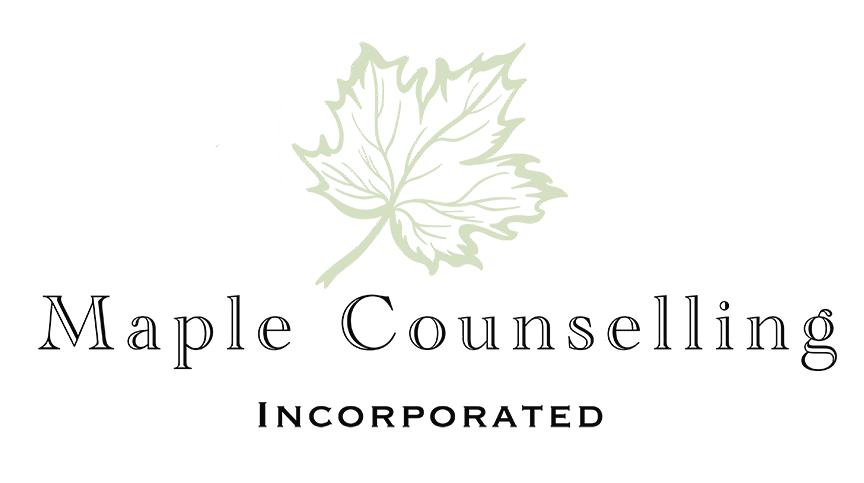

Hi, I'm Jane Whitlaw.
I’m so glad that you have found your way to my page! To start, I’d like to offer you a warm welcome and brief introduction that I hope will provide you with a sense of who I am and what you can expect in working with me.
I am a registered clinical counsellor (RCC), with a masters degree in Counselling Psychology from the University of British Columbia, and I have a number of specialized trainings and professional development experiences that you can find out more about HERE.
Importantly, I want to note that maintaining a trauma-informed perspective is integral to my practice, and I approach every new client with a deep understanding of how early life experiences have the potential to impact current, day-to-day functioning. How we internalize our experiences, the ways in which we process the world, and how we use that information to help us navigate our relationships, are unique processes. It is of utmost importance to me to meet you where you’re at, doing what I can to understand your world as you’ve experienced it.
If this sounds like a good fit for you, please access the link below to book a free 15-minute initial conversation.
Professional Development & Certifications
- Explorations in Equine Facilitated Wellness – Generation Farms - Deborah Marshall, MA – 2018
- Foundations & Focus in Equine Facilitated Wellness - Chiron's Way - Sandra Wallin, MA - 2021
- Trauma-Informed Practice, Level I and II – Alyson Quinn, MSW & Trish Walsh, BA - 2019
- Trauma informed Care – Crisis & Trauma Resource Institute, Nathan Gerbrandt, MSW - 2019
- Clinical Trauma certification, Level I and II – Janina Fisher, PhD. – in process
- Healing Triggers, Limiting Beliefs, & Intergenerational Trauma - Trish Walsh - 2021
- Indigenous Cultural Safety Training - Provincial Health Services Authority - 2021
- Blending Western Practices with Traditional Aboriginal Approaches to Healing - Elder Little Brown Bear (Ernest Matton), BEd. - 2021
- Understanding and Supporting BPD – Crisis & Trauma Resource Institute, Sheri Coburn, MSW - 2020
- SMART recovery facilitator training – smartrecoverytraining.org - 2019
- Recovery Capital Conference of Canada – 2020
- Working with Adolescents and Adults with FASD – Leilani Buschau – 2012
- American Group Pychotherapy Association Connect conference - 2019
- Brief Focused Counselling Skills – Crisis & Trauma Resource Institute, Sally Halliday, MA - 2016
- Compassion in Therapy Summit - 2021
- Mindfulness Counselling Strategies – Crisis & Trauma Resource Institute – Robbie Chesick, MA - 2017
- Mindful Self-Compassion Core Skills Training – Kristin Neff, PhD. & Chris Germer, PhD. - 2019
My Counselling Approach
While I follow an integrated approach to counselling, I do believe that a humanistic, person-centered model builds the foundation for additional therapeutic work. What this means is that I want to understand your world as you have made sense of it. While I may provide you with guidance, offer observation, and ask questions to elicit a particular thought process, my position is never to tell you how to live your life or begin to suggest that I could know you better than you know yourself. I’m going to meet you with a compassionate stance; one in which you know you are supported, listened to, cared for, and not alone. Together, we will work collaboratively to assess your goals for counselling and to unpack your concerns in a way that will help you move along your healing path.
I have a tendency to integrate self-compassion, mindfulness, and body-based strategies to most of my practice, should you agree it be relevant to your therapeutic goals. This may include exercises such as deep breathing, body-awareness, physical and visualized movement, role-play, and other strategies that may help you to feel present and emotionally regulated. These are valuable skills that you will be able to develop and apply both in and out of session, enhancing your capacity to cope when facing difficult circumstances.
Some additional therapy models I have familiarity with include:
- Motivational interviewing (MI)
- Expressive art therapies
- Solution-focused therapies (SFBT)
- Strengths-based therapies
- Acceptance and commitment therapy (ACT)
- Dialectical behavioural therapy (DBT)
- Equine and animal assisted therapies
- Cognitive Behavioural Therapy (CBT)
- Somatic therapies
- Mindful Self-Compassion (MSC)
